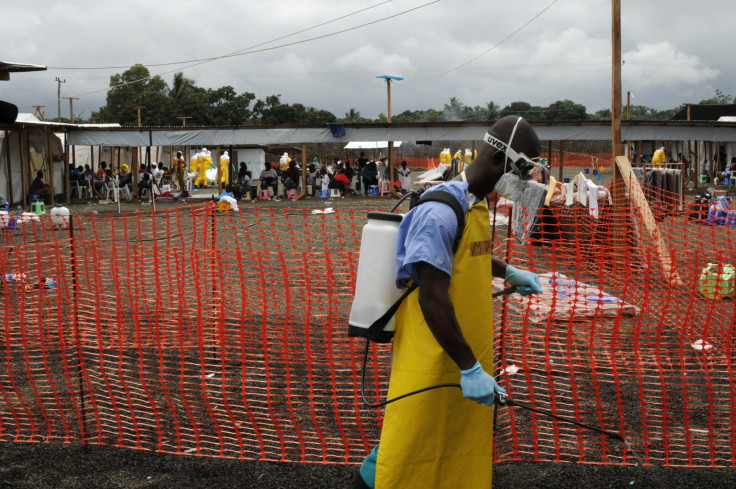Cuba Dispatches 165 Health Workers to Ebola-Hit West Africa

Cuba is poised to dispatch 165 health workers to West Africa to help in the fight to stop the epidemic of the Ebola virus, according to the country's health minister.
Robert Morales Ojeda said the first workers would begin arriving in Sierra Leone in early October and will stay for six months. World Health Organization (WHO) chief Margaret Chan said they were extremely grateful for the help and said that Cuba's contribution will make a significant difference against the raging outbreak.
"If we are going to go to war with Ebola, we need the resources to fight," she said." Cuba is world famous for its ability to train outstanding doctors and nurses and for its generosity in helping fellow countries on the route to progress."
More than 2,400 people have died of Ebola virus infection in the worst outbreak of its history, according to the WHO. The epidemic has spread in Liberia, Sierra Leone and Guinea since it started in March and has also reached Nigeria and Senegal. The disease's death rate is about 50% and doctors and nurses are at high risk of catching Ebola via the exchange of bodily fluids.
Chan stressed the importance of human resources across the region, notably experienced doctors and nurses. She added that in Liberia there is not a single bed available for an Ebola patient and noted that 1,500 health workers are needed in the region.
Cuba staff will include doctors, nurses, epidemiologists specialists in infection control, intensive care specialists and social mobilisation officers.
Since the 1959 Cuban revolution, the country has sent its first-class doctors from Venezuela to Brazil to work on issues from maternal health to cataracts. After the 2010 Haiti earthquake and subsequent cholera outbreak, a Cuban medical brigade of 1,200 health workers who have been in Haiti since 1998 treated more than 30,000 patients in 40 centres across the island.
Cuba's international medical programme dates back to 1960, when it sent doctors to earthquake-hit Chile. In 1963, it dispatched a team of 50 doctors to Algeria.
A famous programme called Operation Miracle started in Venezuela where Cuban ophthalmologist treated cataract patients in exchange for oil. The initiative is believed to have helped 1.8 million in 35 countries to restore their eyesight.
It has been calculated that a third of Cuba's 75,000 doctors, along with tens of thousands of other health workers, are working in 77 underdeveloped countries such as El Salvador, Mali and East Timor, according to a 2010 Independent article.
In March, Cuba's government forecasted it will receive $8.2bn (£5bn) from sending doctors and nurses abroad. About 7,400 Cuban doctors and nurses are under contract in Brazil.
© Copyright IBTimes 2025. All rights reserved.






















